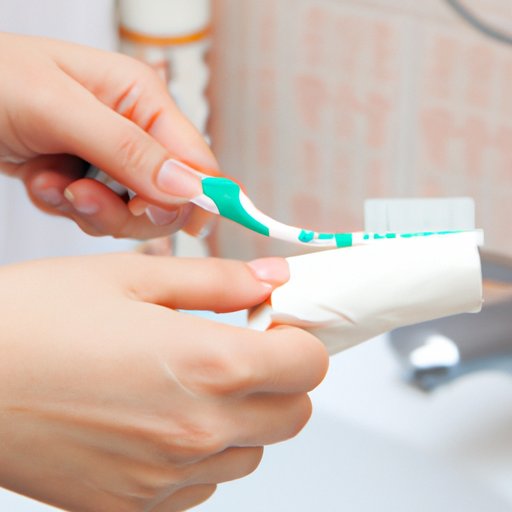Avoiding Monkeypox: Prevention Tips and Strategies
Monkeypox is a rare but potentially serious disease that can be transmitted from animals to humans. It was first discovered in 1958 when outbreaks occurred among monkeys kept in captivity. Humans can contract monkeypox through close contact with infected animals, person-to-person contact, or contaminated materials such as bedding, clothing, and utensils. Although the disease has only been reported sporadically, it’s important to know how to avoid it. In this article, we’ll explore some strategies you can use to minimize the risk of contracting monkeypox.
Understanding the symptoms of monkeypox
Monkeypox is a viral disease that usually begins with a fever, headache, muscle aches, and backache. Later, a rash appears that typically starts on the face and then spreads to the trunk and limbs. The rash then progresses to blister formation, followed by scabs after 10-14 days. The disease is self-limiting, meaning that it usually resolves on its own within a few weeks with supportive care. However, in some cases, it can be severe and even fatal.

Practicing good hygiene habits
One of the best ways to avoid monkeypox is to practice good hygiene habits. Simple habits like washing your hands frequently and covering your mouth and nose when coughing or sneezing can help prevent the spread of the virus. Use soap and warm water to wash your hands for at least 20 seconds, especially after being in contact with an animal or animal products. If you don’t have access to soap and water, use an alcohol-based hand sanitizer.
Avoiding close contact with infected animals
Animal-to-human transmission is the most common way of getting infected with monkeypox. The virus can be transmitted by direct contact with infected animals such as rodents, primates, and squirrels, or through contact with bodily fluids, such as blood, urine, or feces. Avoid contact with animals commonly found in Africa, such as Gambian giant rats, rope squirrels, and brush-tailed porcupines. If you must handle animals, wear protective clothing like gloves and masks. Avoid handling sick or dead animals.
Getting vaccinated
Vaccines are essential tools in preventing infectious diseases. The smallpox vaccine is the only approved vaccine for monkeypox prevention. Since both viruses are closely related, vaccination against smallpox provides significant protection against monkeypox. It’s important to get vaccinated before you travel to areas where monkeypox is endemic. While vaccines are effective, they have limitations. People with weak immune systems or allergies to vaccine components may not be eligible for vaccination.
Maintaining a strong immune system
One of the most effective ways to fight off infections is by maintaining a strong immune system. A healthy immune system can help protect you from many diseases, including monkeypox. Ways to boost your immune system include a balanced diet, regular exercise, getting enough sleep, reducing stress, and avoiding bad habits like smoking or drinking alcohol excessively.
Seeking medical attention immediately
If you suspect that you or someone you know has been exposed to monkeypox, seeking medical attention is crucial. Early diagnosis and treatment can help prevent complications and the spread of the virus. Treatment usually involves supportive care, such as keeping the affected person hydrated, managing pain and other symptoms. Also, infected individuals should avoid contact with other people until recovery. They should not share personal items like towels, bedding, and clothing.
Educating others
Raising awareness about monkeypox is critical in preventing its spread. Educating yourself and others about the symptoms, transmission, and prevention strategies is essential. You can inform others in the community by sharing information on social media, organizing awareness campaigns, or talking to friends and family. Encourage others to take preventive measures such as washing their hands frequently and avoiding contact with animals that may carry the virus.
Conclusion
Monkeypox is a rare and highly contagious disease that can be prevented by following some simple strategies. Practicing good hygiene habits, avoiding contact with infected animals, getting vaccinated, maintaining a strong immune system, seeking medical attention immediately, and educating others are some key prevention strategies. By taking these preventive measures, you can minimize the risk of contracting monkeypox and help prevent its spread.
